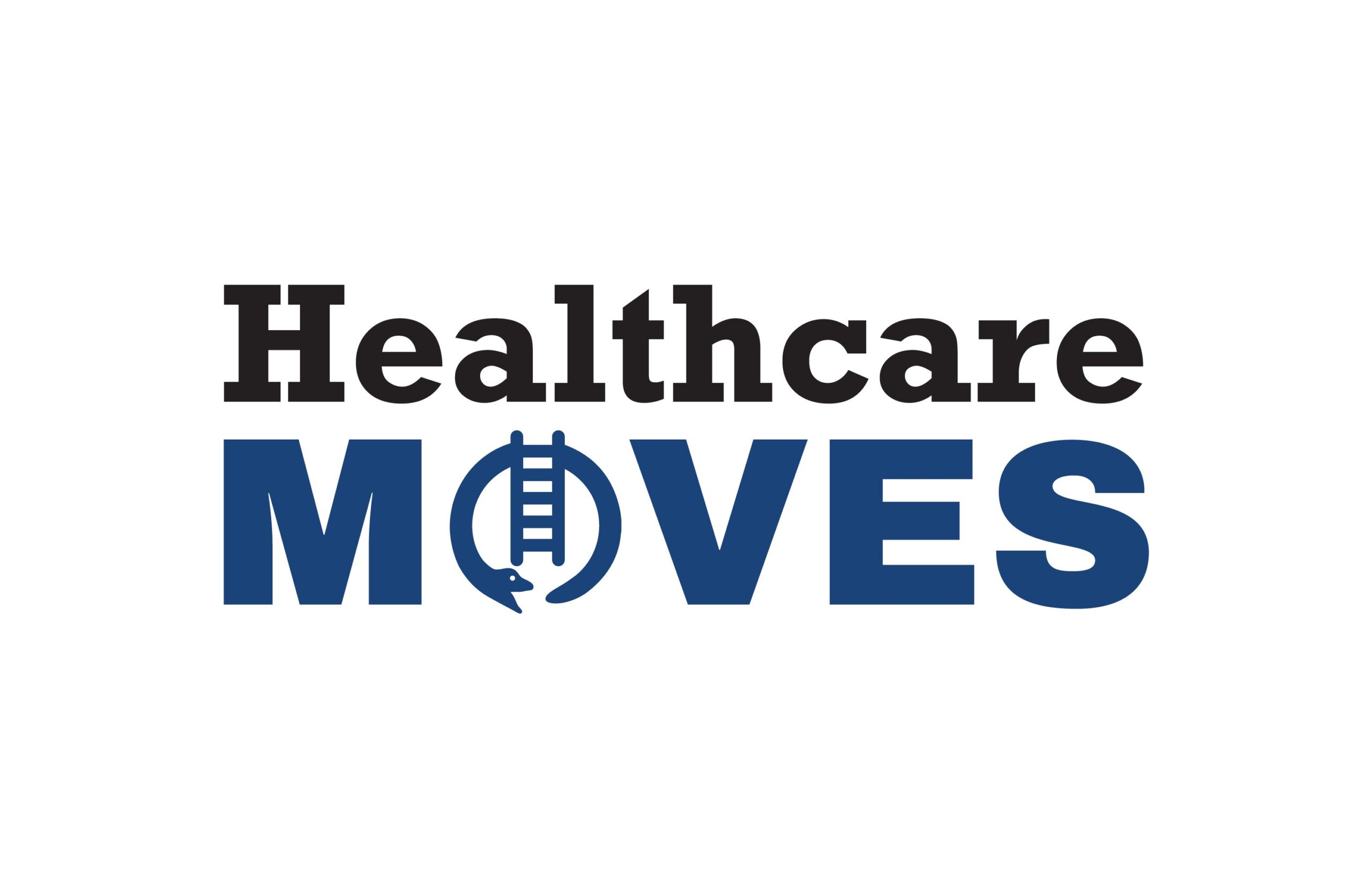Last week, three editors at influential medical journals largely dismissed two studies that the medical device industry has been parading around as evidence of failures at the U.S. Food and Drug Administration.
Those studies are part of a campaign to show how the industry has been chafing under uncertainty with the agency’s device review process and how that has affected innovation and business prospects of small companies.
However, the editors of the New England Journal of Medicine, the Journal of American Medical Association and Archives of Internal Medicine found one study in particular — conducted by Josh Makower and a medical student at Stanford University — to be so flawed that they feel the results are meaningless. In fact, that study was quoted in a letter that Minnesota’s entire congressional delegation sent to the FDA with a request to explain why so few investigational device exemptions were granted in fiscal 2010.

With the Rise of AI, What IP Disputes in Healthcare Are Likely to Emerge?
Munck Wilson Mandala Partner Greg Howison shared his perspective on some of the legal ramifications around AI, IP, connected devices and the data they generate, in response to emailed questions.
Instead of commenting on whether the criticisms of Makower’s study and that of the California Healthcare Institute were valid, Minnesota’s LifeScience Alley, a trade association, sought to highlight another study. The organization recently hired an executive to advocate for its members and the industry overall in Washington, D.C.
“Another study conducted previous to Dr. Makower’s study by Ralph Hall, a professor at the University of Minnesota’s Law School, looked at the more relevant and underlying question of the safety of Class II & III medical devices and concluded that an incredibly small percentage of FDA-cleared devices are recalled for serious safety issues,” said spokesman Ryan Baird in an email. “That is why LifeScience Alley continues to work with FDA and industry to help develop a more predictable regulatory pathway to ensure that safe and innovative technologies are available to patients in a reasonable amount of time.”












